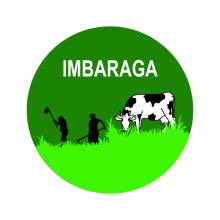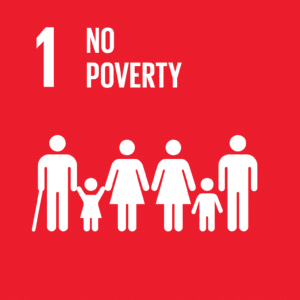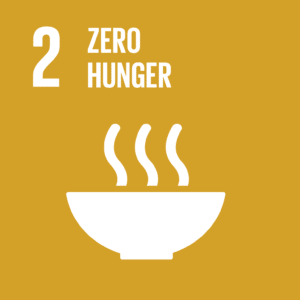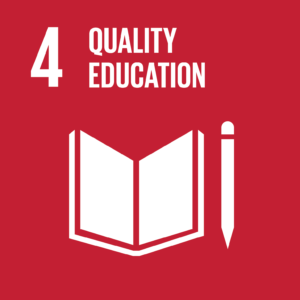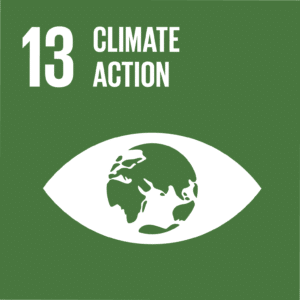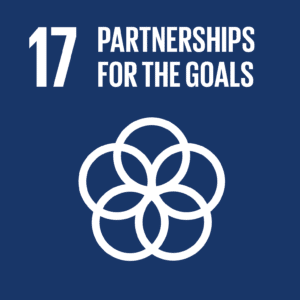Climate adaptation and mitigation through household-level biogas systems
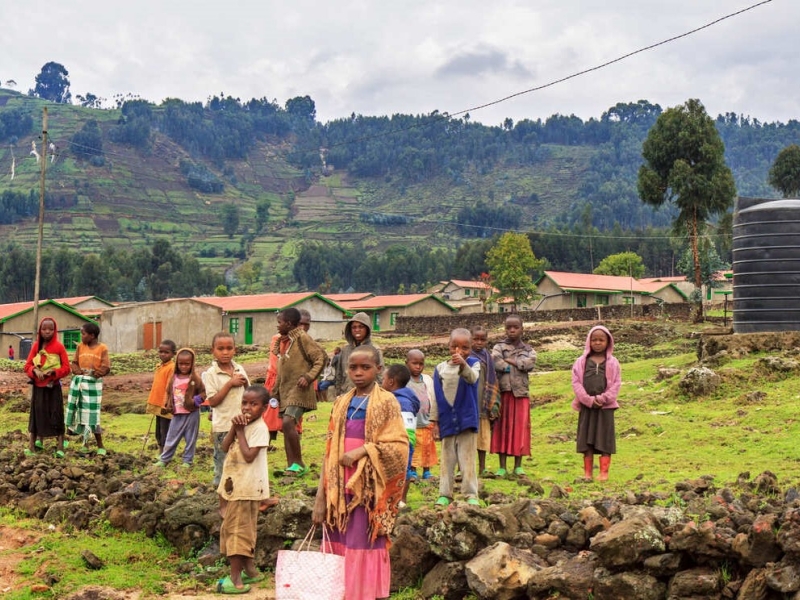
The challenges for sustainable biogas in Rwanda
Rwanda's growing population has increased the demand for firewood and charcoal for cooking. Despite reforestation efforts, the country is struggling to meet this demand and is reaching its limits. To address these challenges, the Rwandan government launched a national biogas programme in 2006, providing subsidies for the installation of biogas digesters. By the end of 2022, a total of 11,147 biogas digesters had been installed to meet the energy demand.
However, a comprehensive survey by the Rwanda Energy Group revealed that of the 10,647 biogas digesters visited, a staggering 85% were non-operational. The reasons for this vary, including technical issues, incomplete installations, and a lack of access to water and feed stock. This highlights the need for a more holistic approach that goes beyond merely addressing energy demands. It must also consider agricultural systems, water access, water management, and the integration of biogas as part of a sustainable agricultural system. Tackling these challenges is crucial to fully realize the benefits of biogas, such as environmentally friendly energy and improved agricultural production, and contributing to a sustainable future for Rwanda.
Optimization of biogas digesters: from repairs to full integration into the agricultural system
To enhance the functionality and adoption of household-level biogas digesters, the design and management of the installations will be optimized, resulting in a 15% cost reduction. Priority will be given to repairing existing non-functional digesters. A campaign will be launched to repair non-operational biogas digesters, utilizing retrained masons. Additionally, contact points will be established where farmers can report issues with non-functioning digesters. In many cases, only minor repairs are needed to make the digesters operational again.
Additionally, water shortages will be addressed by promoting the use of water tanks, ponds, and stables with concrete floors, allowing urine to be used as a substitute for water in the digesters. To reduce the shortage of feedstock for the digester, toilets will be connected to the biogas system. Co-digestion with crop residues, kitchen waste and invasive plants like water hyacinth will be tested on farms and, if successful, further promoted. A guarantee fund will also be established to reduce the costs of biogas loans, and efforts will be made to secure carbon credits to ensure the project's sustainability.
Furthermore, the valorization of biosludge will be promoted by creating compost pits and training farmers in its proper use. The impact will be evaluated by measuring crop yields with and without the use of biosludge.
An operational biogas digester of 4 m³ can potentially save an estimated 2.5 tons of CO2 per year. This estimate will be validated by a team from KU Leuven and the university of Ghent.
Within this project, 240 non-functional biogas digesters will be repaired and 60 new ones will be installed. This will result in an annual CO2 emission reduction of 750 tons (approximately 2.5 tons of CO2 per year per operational digester).
Through targeted promotional activities and the involvement of policymakers in the planned workshops, an additional 700 non-functional biogas digesters are expected to be made operational over time.
For the 1,000 biogas digesters combined, this will result in a CO2 savings of 2,500 tons per year.
Want to know more about this project?



